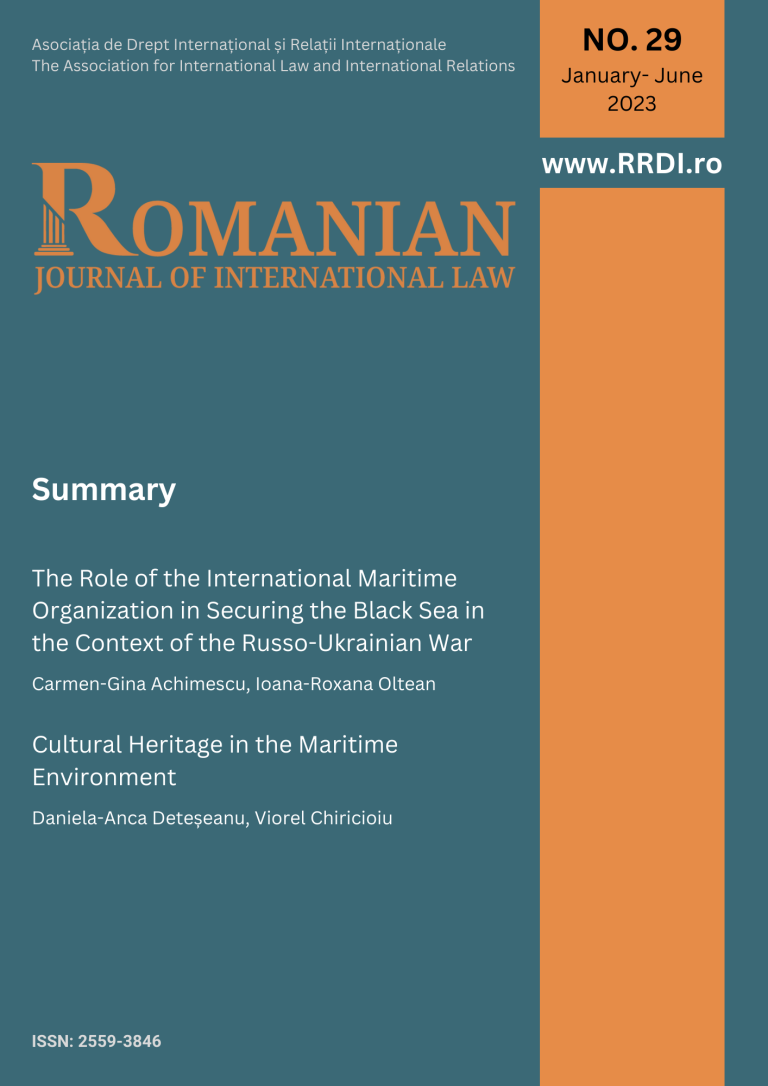Elena LAZĂR*
Abstract: Relationships between Security Council resolutions and other international treaties have undergone different conceptualizations in EU and ECHR case law1: some of them relate to the monist concept according to which SC resolutions are at the top of a hierarchy of norms, as provided by Article 103 of the UN Charter, so that their provisions prevail over any other treaty, irrespective of their human rights content. Arguing differently would allow a regional court – for example the European Court of Human Rights – «to interfere with the fulfillment of the UN’s key mission to secure international peace and security». Other concepts claim that the measures implementing SC resolutions are not immune from judicial review when the resolution at hand is suspected to come in conflict with jus cogens norms that also constrain UN institutions. Thus the Kadi judgement played an extremely important role in the articulation of the UN legal system to the EU legal system.
Key-words: UN system, EU legal system, resolutions, Security Council.
* Elena Lazăr is university assistant at the Faculty of Law of the University of Bucharest. She has graduated the University of Bucharest, Faculty of Law (2010), the LLM in Private Law (2011) and the LLM in European Bussines Law (2011) at the same faculty. She has recently obtained her PhD degree in the field of human rights law. She is in charge of certain seminars on Public International Law and International Organisations and Relations for the second year of undergraduate studies. She is also a lawyer on criminal law. The opinions expressed in this article are solely the author’s and do not engage the institution she belongs to.

